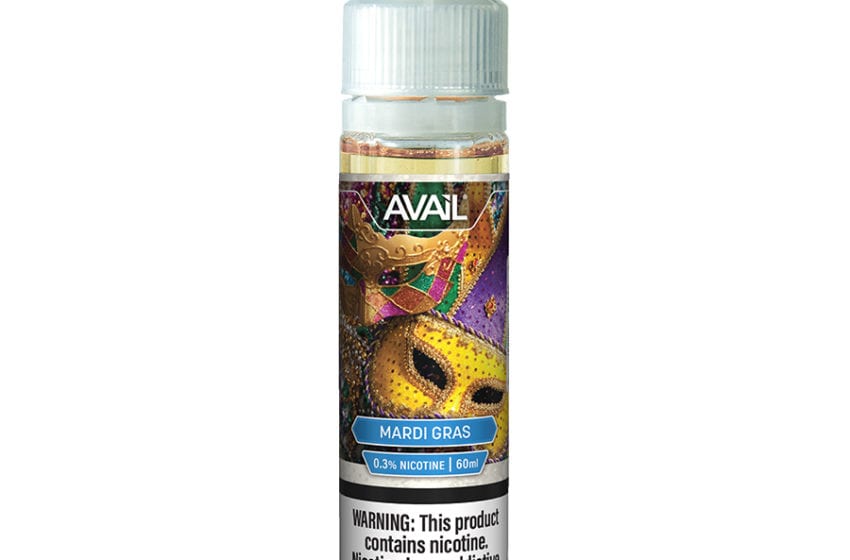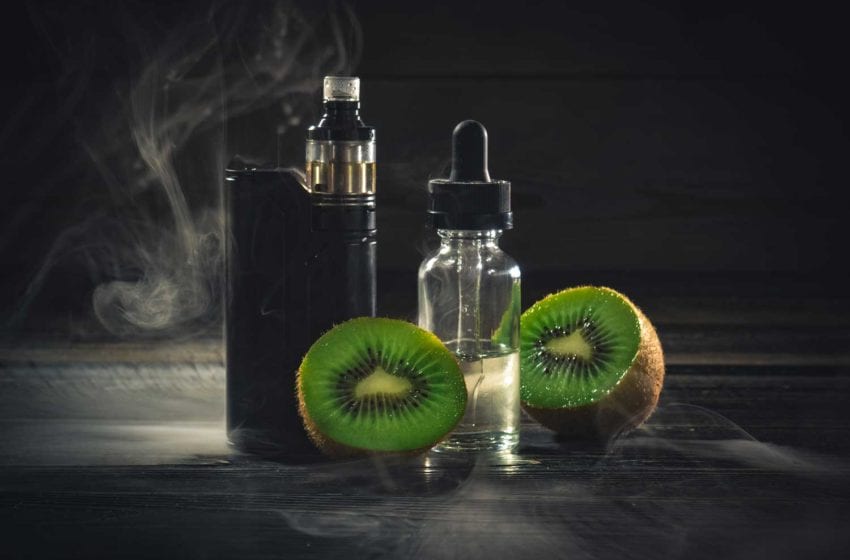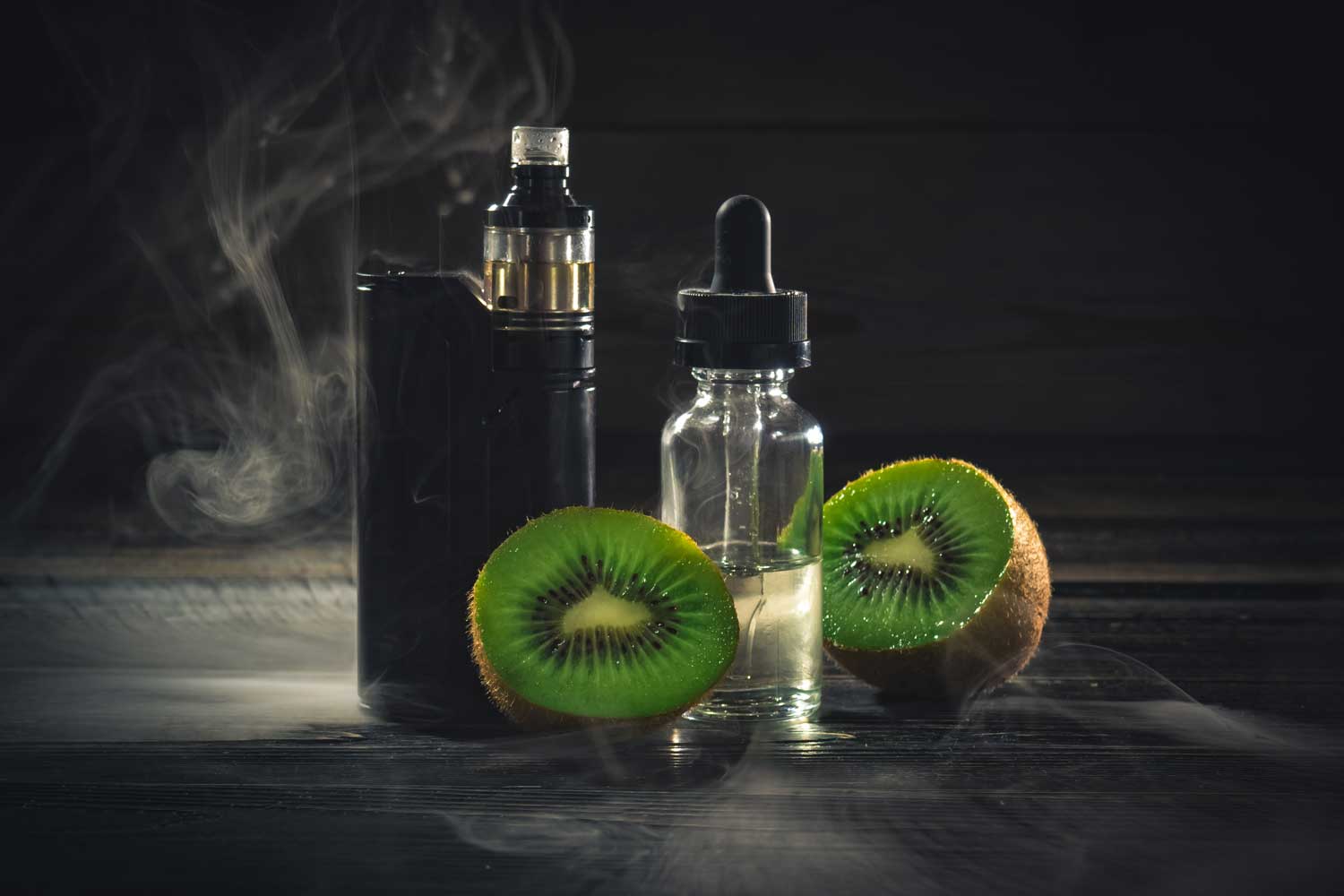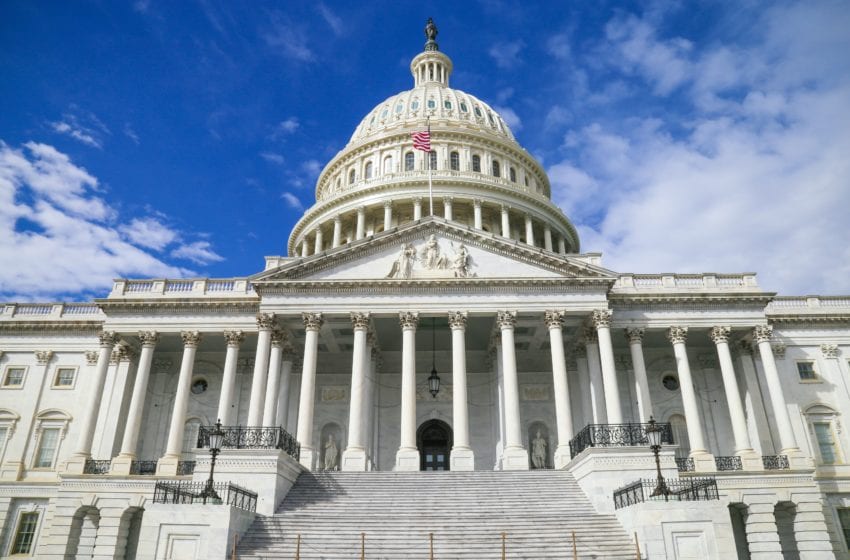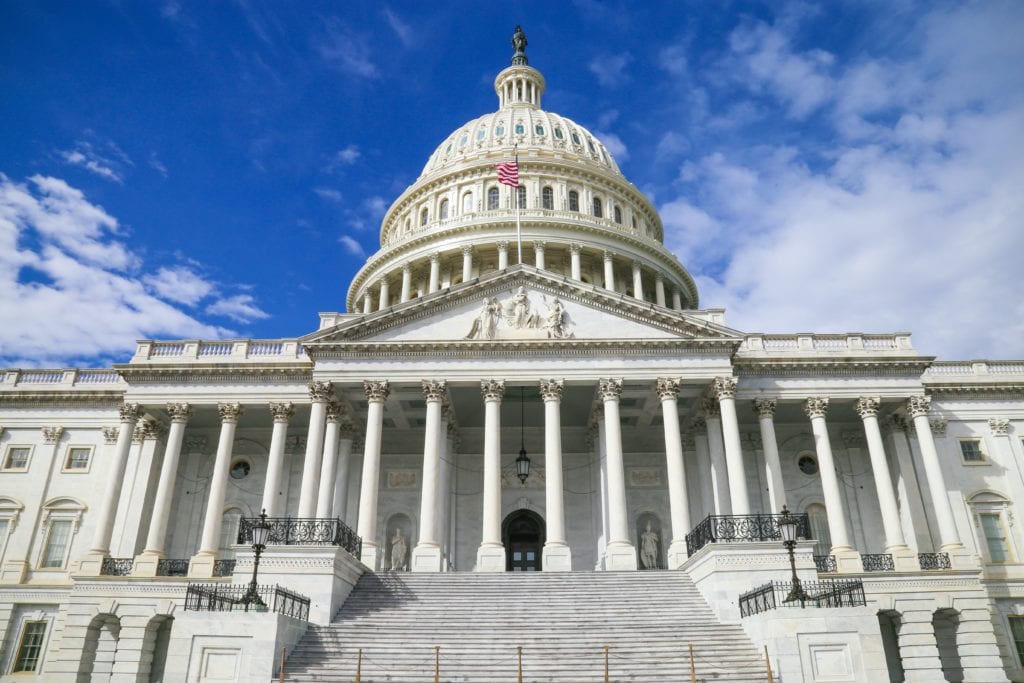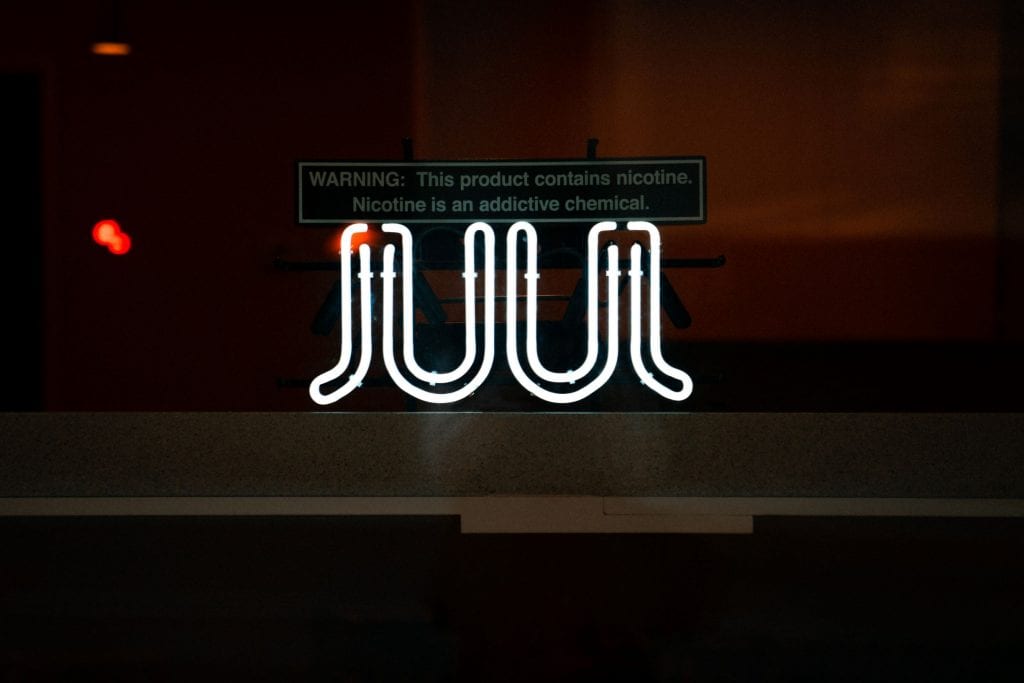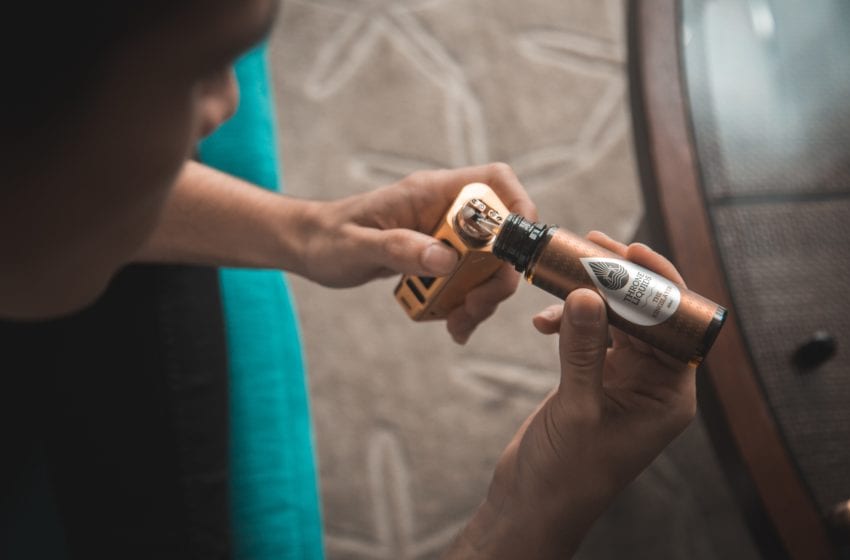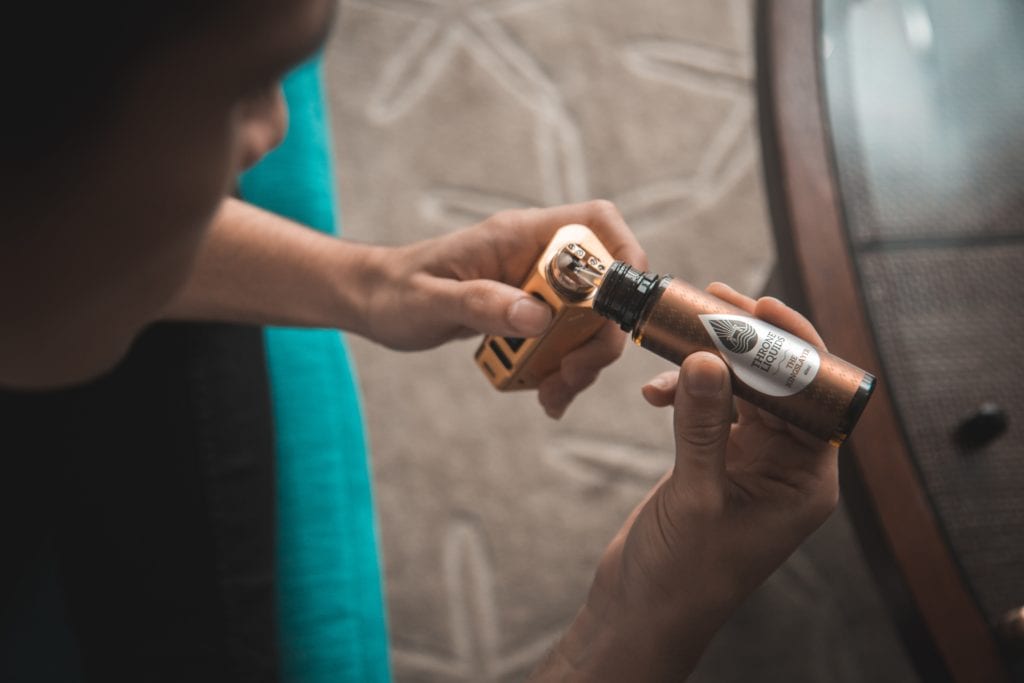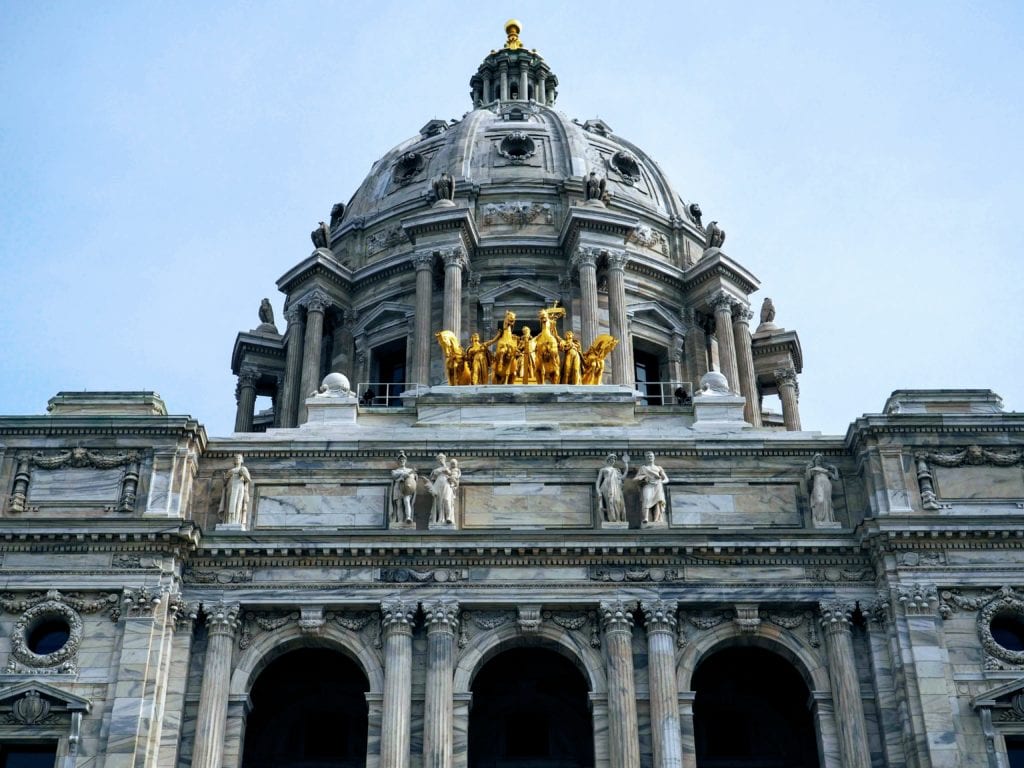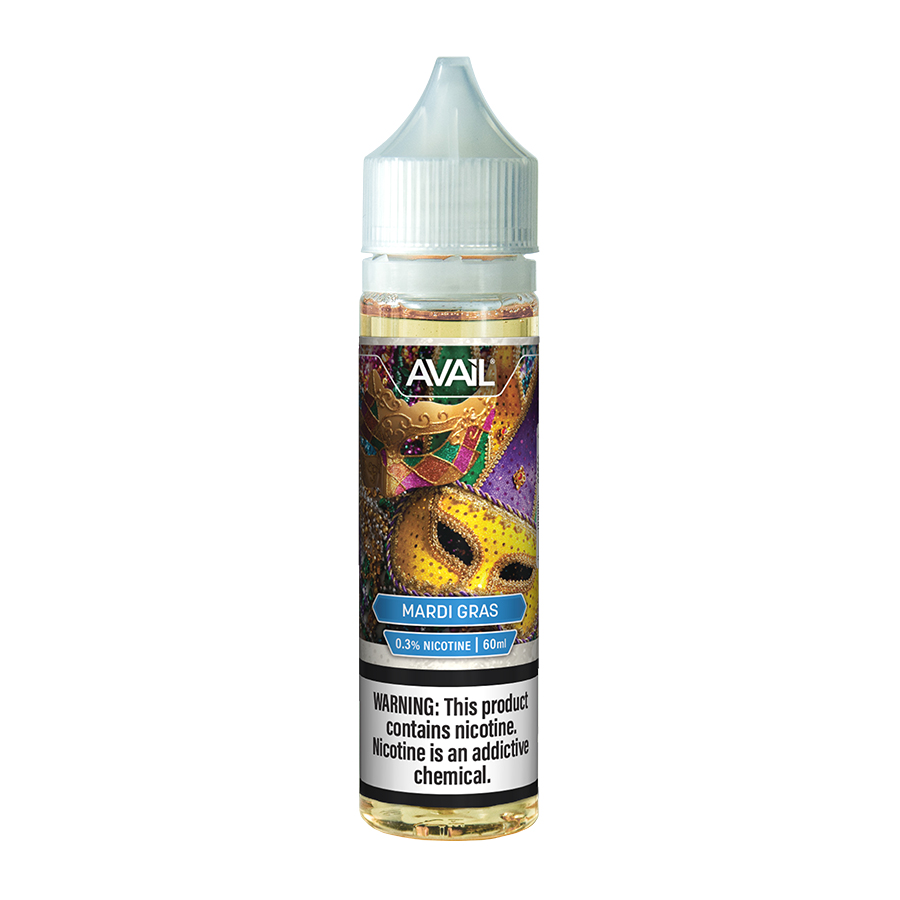
Avail Vapor announced today that it has received its first premarket tobacco product application (PMTA) acceptance letter from the U.S. Food and Drug Administration (FDA) for its e-liquid nicotine products. While the company would not say what flavors or how many flavors, it was confirmed that the mixed-berry flavored Mardi Gras was a submitted flavor.
Blackbriar Regulatory Services led the regulatory process for Avail’s submission. The application now moves to the substantive scientific review where the FDA will determine if Avail has scientifically proven that its nicotine vaping products are appropriate for the protection of public health.
This is one of numerous applications that Avail plans to file prior to the September 9, 2020 deadline which will provide a wide-ranging flavor portfolio to meet the needs of adults seeking alternative choices to combustible tobacco products, according to James Xu, chairman of Avail.

“We started mapping out our regulatory framework and PMTAs in 2015, before nicotine vaping products became subject to the FDA’s tobacco authority,” said Xu. “We couldn’t be more pleased that the years of hard work, investment and dedication have gotten us to this point. Our end goal is to seek an FDA marketing order which would allow us to continue to keep our products on the market for those adult smokers looking for alternatives to traditional tobacco products.”
In order for nicotine vaping products to remain on the market after the FDA’s September 9, 2020 PMTA submission deadline, companies must submit a viable PMTA with the intent of seeking an FDA marketing order. A PMTA must provide scientific data that demonstrates a product is appropriate for the protection of public health.

